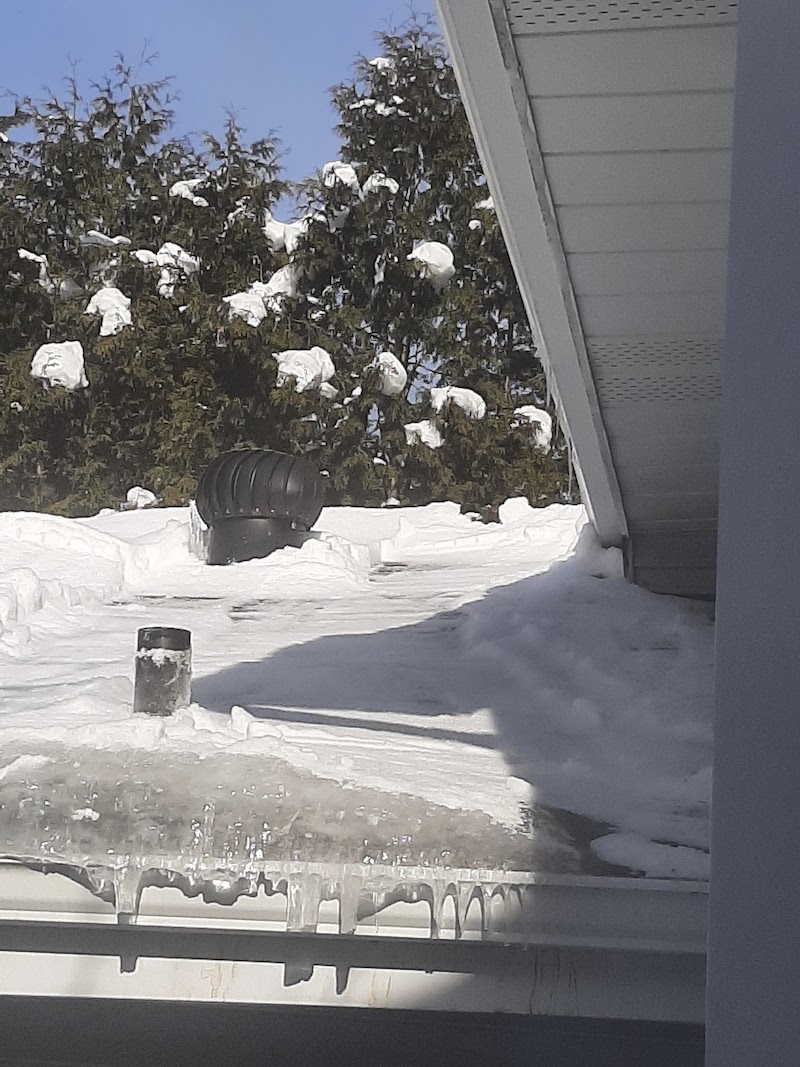Winter is one of the most popular times of year to have a roof installed. In fact, nearly 30% of all roofs are installed during the winter months. There are several reasons for this, ranging from the slower pace of business for roofing contractors to the damages done by winter storms that require repairs or replacements from roofing companies in Barrie.
But is winter really the best time to have a new roof installed? Let’s take a look at the pros and cons of winter roofing to help you make an informed decision.
Pros
1. Contractors are typically less busy in the winter, which means they may be able to offer you a discount or start your project sooner than they could during busier times of year.
2. Cooler temperatures make working on your roof more comfortable for installers, which can mean a quicker, easier installation process.
3. In many parts of the country, winter often brings with it periods of inclement weather followed by stretches of clear skies and sunny days. This type of weather pattern is ideal for roof installation since it allows the roofing materials to properly cure between bouts of bad weather.
4. Some types of roofs actually work better when installed during colder weather, such as metal roofs that need to be cold-formed into their final shape. Trying to install these types of roofs during warmer months can lead to warped panels and other problems down the road.
5. Many manufacturers offer extended warranties on roofs that are installed during the winter months, giving you an extra layer of protection in case something goes wrong down the road.
6. Winter installations give you the peace of mind in knowing that you’ll be protected against the worst of the weather going forward, sealing your house up safe and sound.
Cons
1. Winter weather can be unpredictable, meaning that storms or extreme cold can put a hold on outdoor labour for periods of time. Roofing companies in Barrie often have to wait for a storm to blow over before they can begin working.
2. Some types of roofing materials aren’t meant to be installed in cold weather since this can affect how well they adhere to the underlying substrate. EPDM (ethylene propylene diene monomer) rubber and TPO (thermoplastic olefin) membranes are two examples of roofing products that shouldn’t be installed in cold weather conditions since they may not bond properly when exposed to freezing temperatures during installation, but no fear – roofing companies know their materials, and when to use them.
3. Many adhesives used in roofing applications don’t work well in cold weather, which can lengthen installation time or reduce the overall quality of your new roof if adhesives aren’t given enough time to set properly before inclement weather hits.
Find Year-Round Roofing Companies in Barrie
While there are some pros to having a new roof installed during the winter months, there are also some potential downsides that you should consider before making your decision. Weighing out all of the factors involved will help ensure that you make the best choice for your home or business, and find the right roofing company to help you in any season. Consider talking with a qualified contractor at Ainger Roofing who has experience installing roofs in winter conditions before making your final decision.

